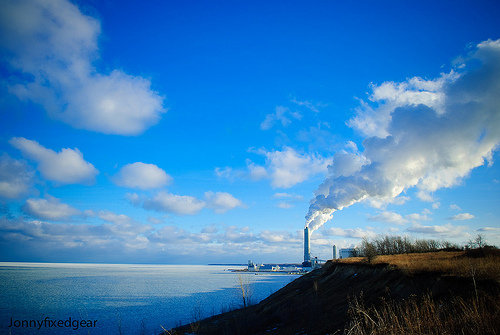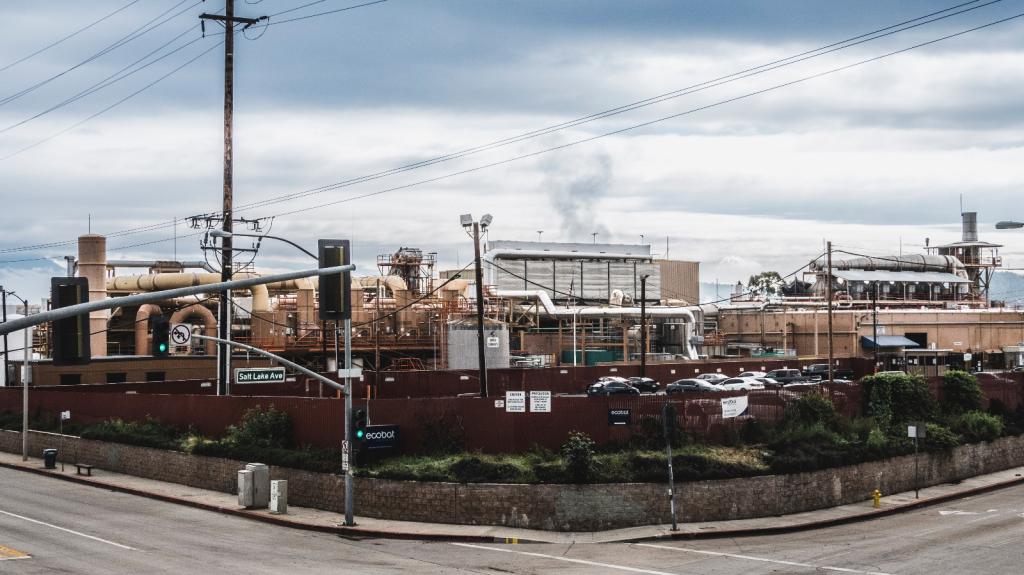NPR and iWatch News* have a monster report out about the ways the Environmental Protection Agency and state regulators have failed to crack down on air polluters. Here's the takeaway point:
While some business and political leaders, including President Obama, increasingly warn of the impacts of overregulation on the foundering economy, many ordinary Americans face health risks from hazards that could have been limited through better policing.
The report documents how the EPA and state regulators recognize pollution problems and identify "high priority violators" but do not crack down quickly enough to keep communities safe and free of health problems. In some cases, violators can linger on a "watch list" for years. Three hundred violators have been "high priority" for a decade or more.
These problems aren't spread evenly about industries or states. One-third of the companies on the watch list are in "oil refining; electric power generation and distribution; organic chemical manufacturing; steel manufacturing; solid waste disposal; and crude oil and natural gas extraction." More than half of the facilities on the watch list are in Illinois, Louisiana, Ohio, Texas, and Wisconsin.
The story's also full of great tidbits like this:
Some polluters save their dirtiest activities for nights and weekends, when regulators aren’t around to respond to complaints. In Muscatine, Iowa, a corn processing plant burned low-sulfur coal when the wind was blowing toward a state-operated monitor. That meant the monitor would detect less of a pollutant, sulfur dioxide, and the plant could avoid added scrutiny, inspection reports and other state records show.
The upshot of all this? Communities have to use their own resources to monitor and fight against polluters, if they want to breathe clean air.
*a project of the Center for Public Integrity, where, full disclosure, I used to work.



